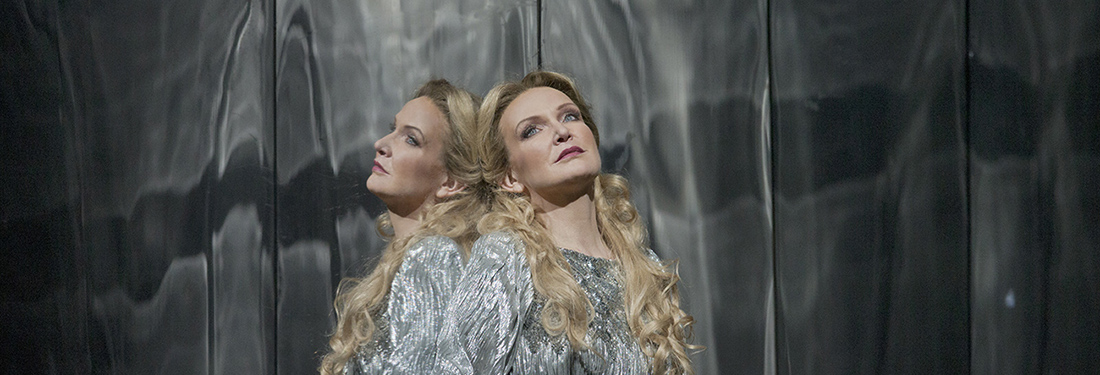
On this day in 1974 soprano Kiri Te Kanawa made an “emergency” Met debut as Desdemona and her broadcast debut.
Review of Allen Hughes in The New York Times:
It was past six o’clock at the Metropolitan Opera on Saturday afternoon and time for everyone to clear out so that the house could be gotten ready for the evening performance, but most of the matinee audience was reluctant to leave.
What it wanted was to register its cheering approval of the principals in the splendid performance of Verdi’s “Otello” that had just ended. And one principal was a particular object of interest. That was Kiri Te Kanawa, a New Zealand-born soprano who, with a few hours notice, had made her Metropolitan debut in the part of Desdemona.
She was not unprepared. Her company debut in the part had been planned for March 7, but on Saturday morning Teresa Stratas, who had been scheduled to appear in this season’s first performance of “Otello,” reported that she was not feeling well enough to sing, and Miss Te Kanawa had to replace her.
Miss Te Kanawa won the audience from the very beginning, and did not lose it. Her voice had a lovely fresh sound, her vocal production was smooth, her singing was eloquent and her acting was touching and invariably believable. She is slim and attractive, and the impression she made as Desdemona was satisfying in every way.
The soprano of Maori descent began her big-time opera career a scant three years ago at London’s Covent Garden opera house. Since then she has appeared with the San Francisco and Santa Fe opera companies here and has sung Desdemona with the Scottish Opera and in Berlin. She should prove to be a most welcome addition to the Metropolitan roster, and it will be interesting to see and hear her in other roles.
Jon Vickers, the Otello of the afternoon was in top form vocally and dramatically, and he dominated the opera as an Otello should. Despite the claim to cheers that his magnificent performance had earned him, he generously left Miss Te Kanawa alone on stage at one of their joint curtain-calls, sensing, rightly, that the audience wanted to honor her individually.
The Iago, Thomas Stewart, was appearing in the role for the first time with the company. His, too, was a strong performance, especially after he got past the drinking song of Act I. He communicated the energy of this rousing number effectively, but his singing of the florid lines was not so well articulated as it might have been.
Except for David Holloway, as the Herald, the other members of the cast were William Lewis (Cassio), Jean Kraft (Emilia) and Paul Plishka (Lodovico). All made valuable contributions to a well-integrated interpretation that profited enormously from the skillful and inspired conducting of James Levine.
Birthday anniversaries of composer Alban Berg (1885), bass-baritone Franz Crass (1928) and sopranos Hildegard Behrens (1937) and Kaaren Erickson (1953).
Verdi’s Falstaff premiered on this day in 1893 in Milan
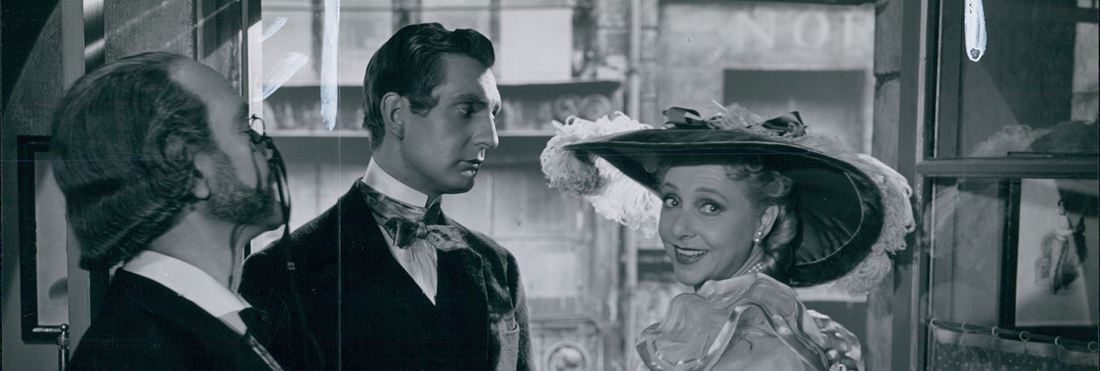
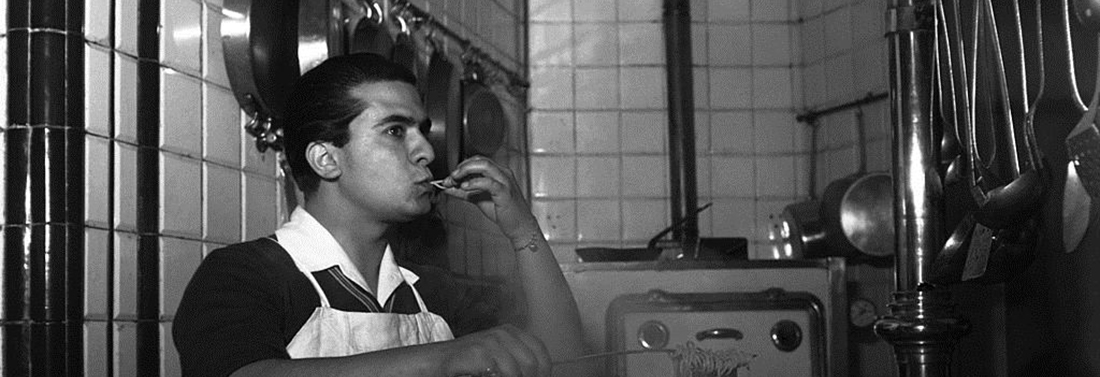
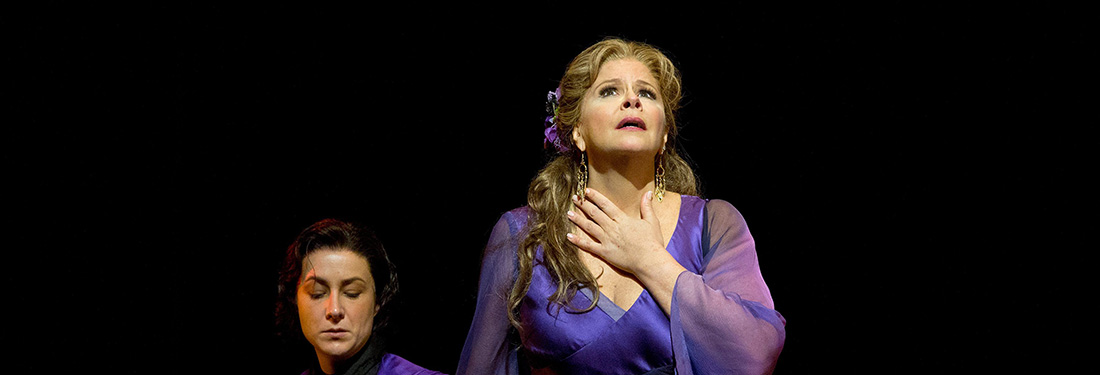
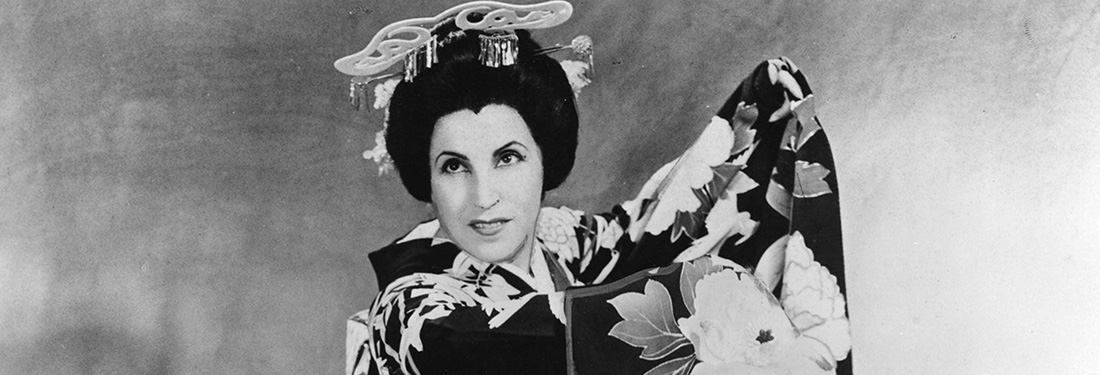
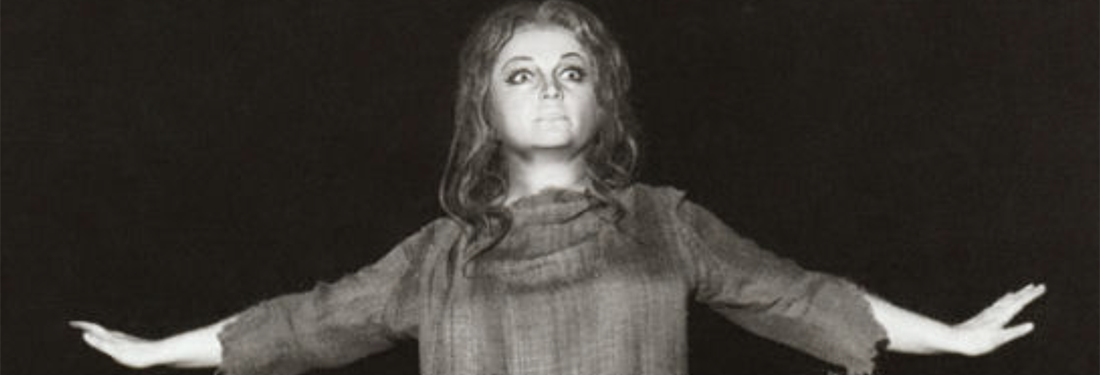
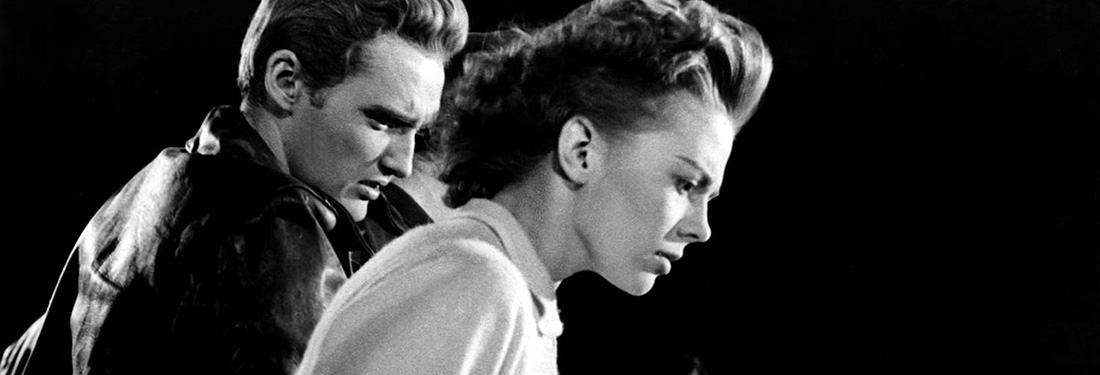
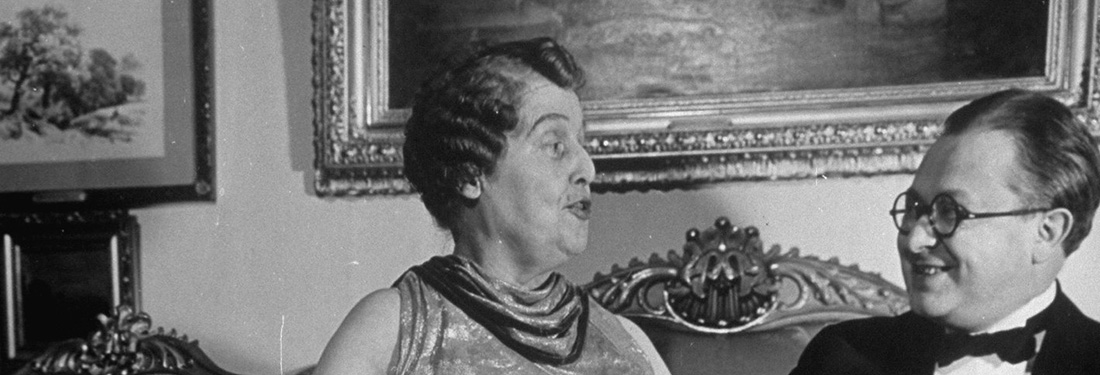
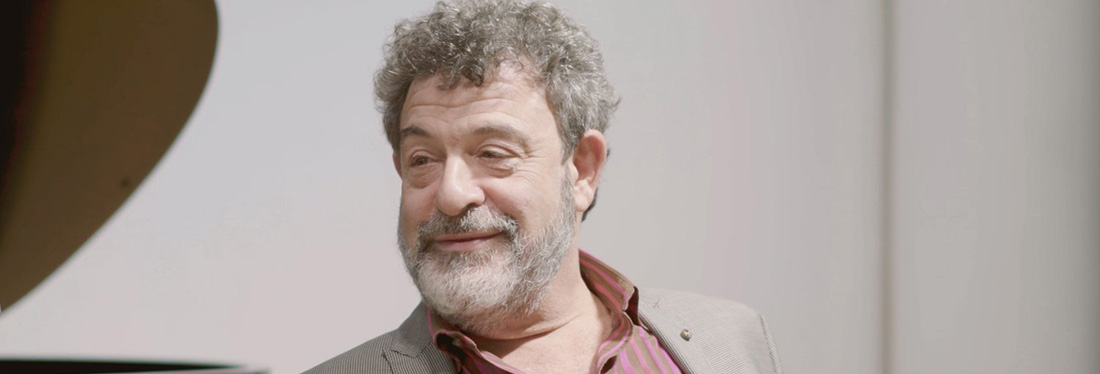
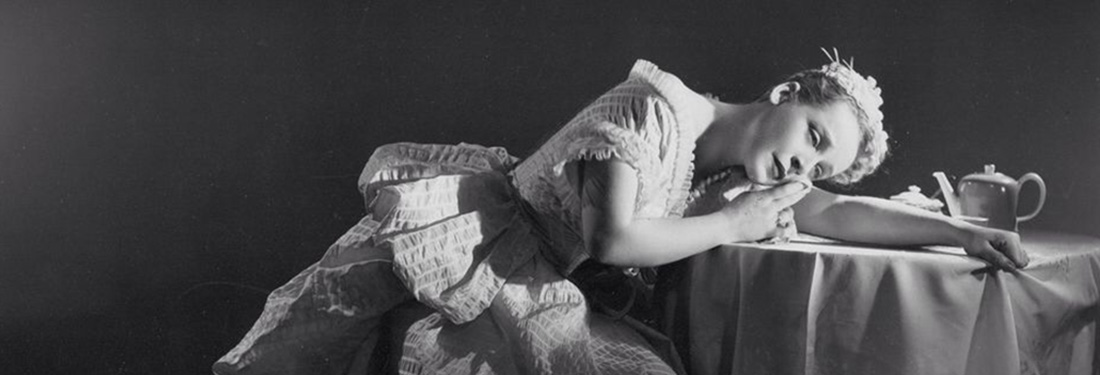

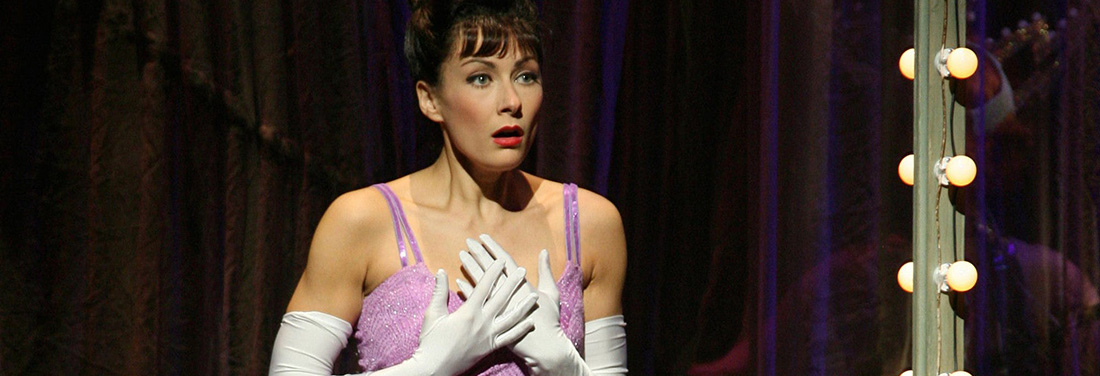
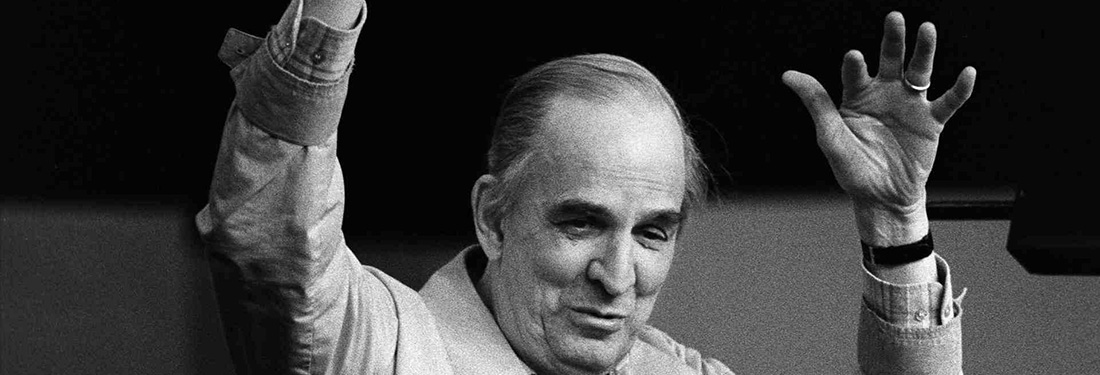
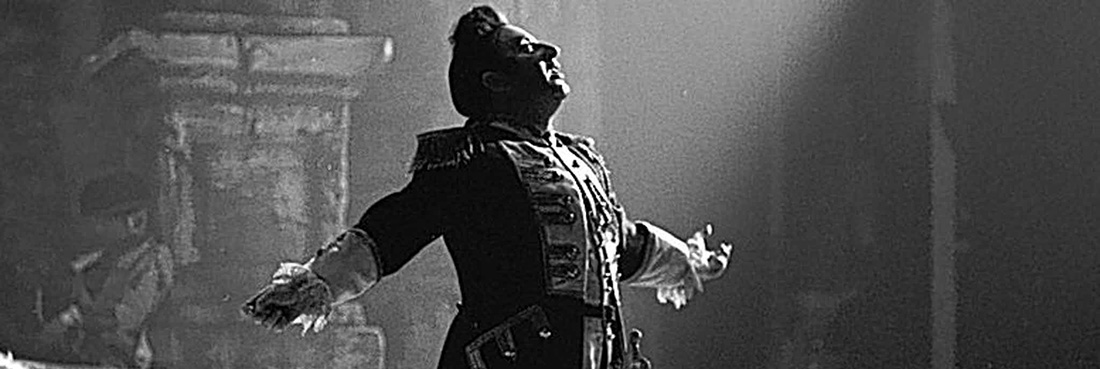
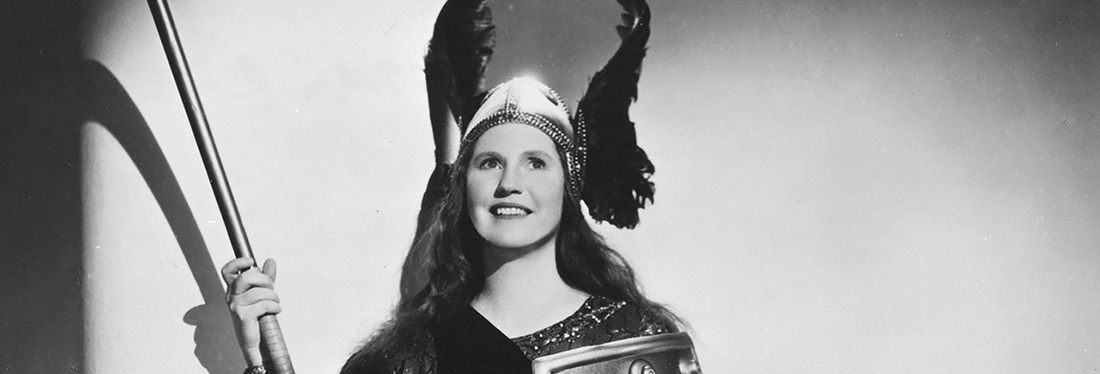
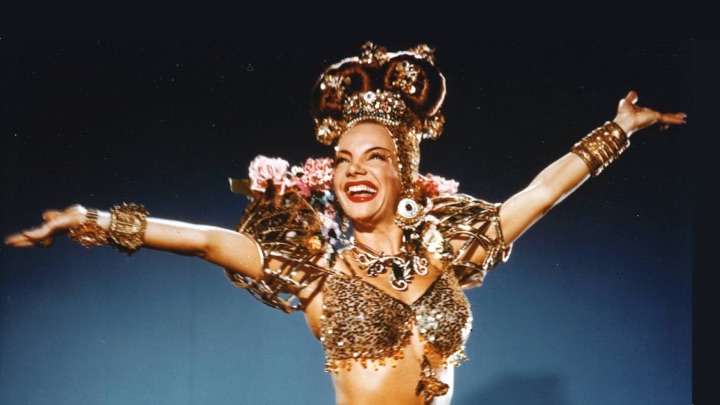






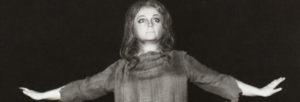
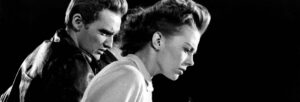



Comments